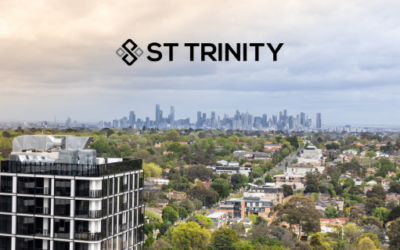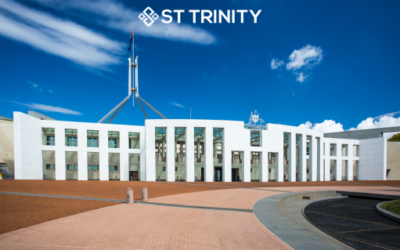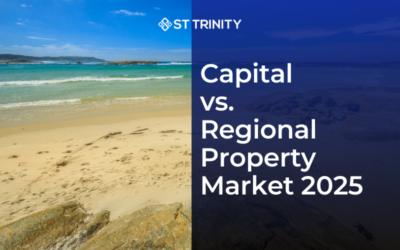Investing in real estate is a time-tested strategy for wealth creation. However, not all property investments are created equal, with factors such as location, market trends, and property condition playing crucial roles in determining profitability.
One niche yet potentially lucrative sector within the Australian real estate market is National Disability Insurance Scheme (NDIS) housing investment. Increasing number of potential investors are considering

Table of Contents
Why Invest in NDIS Property?
NDIS property investment offers a unique opportunity by providing suitable and accessible specialised housing for people with disabilities. This guide delves into the intricacies of NDIS housing investment, exploring its potential benefits, risks, and how it fits into the broader NDIS ecosystem.
Whether you’re a seasoned investor or just starting, this guide will provide valuable insights into this emerging investment avenue.
Understanding the NDIS and Its Specialised Housing Component
The National Disability Insurance Scheme (NDIS) is a significant social reform in Australia, aiming to support people with disabilities, their families, and carers.
A crucial part of this scheme is Specialist Disability Accommodation (SDA), which refers to specially designed houses, units, and group homes for NDIS participants who require specialist housing solutions.

The Role of Specialist Disability Accommodation (SDA)
SDA plays a pivotal role in attracting funds for the development of new, high-quality dwellings. This funding aims to stimulate investment, increasing the availability of suitable housing options for people with disabilities.
SDA properties are designed with features that accommodate mobility challenges, sensory impairments, and other disability-related requirements, promoting independence and enhancing quality of life.

The demand for NDIS housing is rapidly growing, as more Australians with disabilities seek living arrangements that support their lifestyles and enable them to integrate more fully into their communities. Consequently, investors have a unique opportunity to contribute to social welfare while also benefiting from the stable and potentially high returns associated with government-backed initiatives.
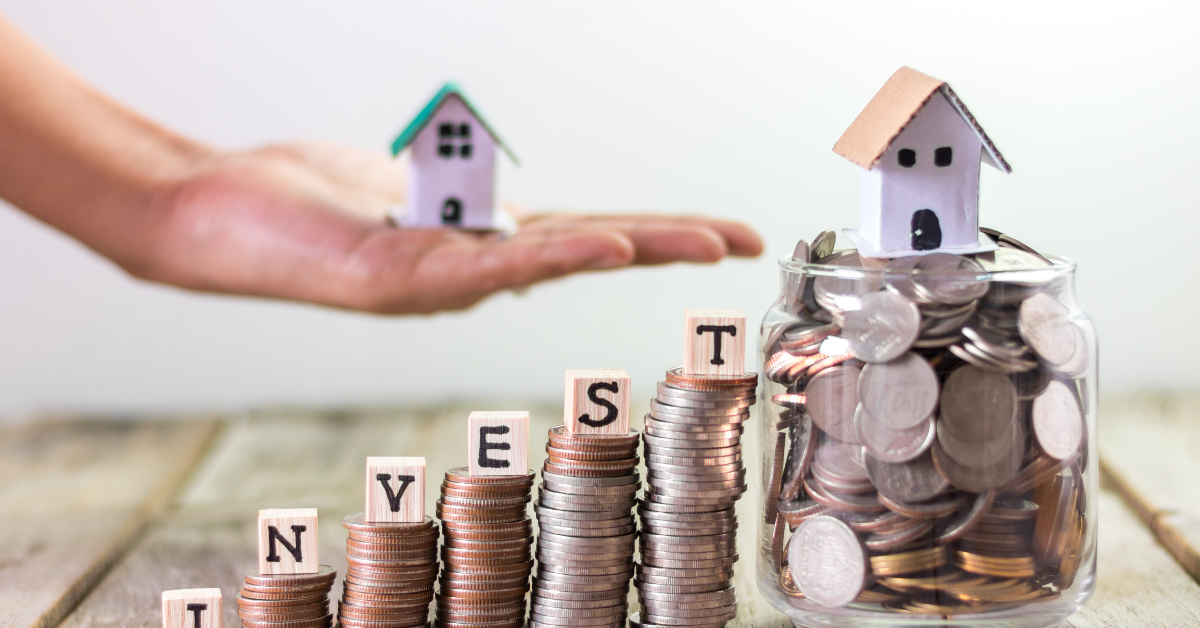
Investment Appeal of NDIS Housing
Financial Incentives and Government Support
The Australian government offers substantial financial incentives, including guaranteed rental income for up to 20 years, making NDIS housing an attractive proposition for investors.
By adhering to strict design guidelines and working with accredited providers, investors can ensure their properties meet the needs of tenants while maintaining compliance with regulatory standards.
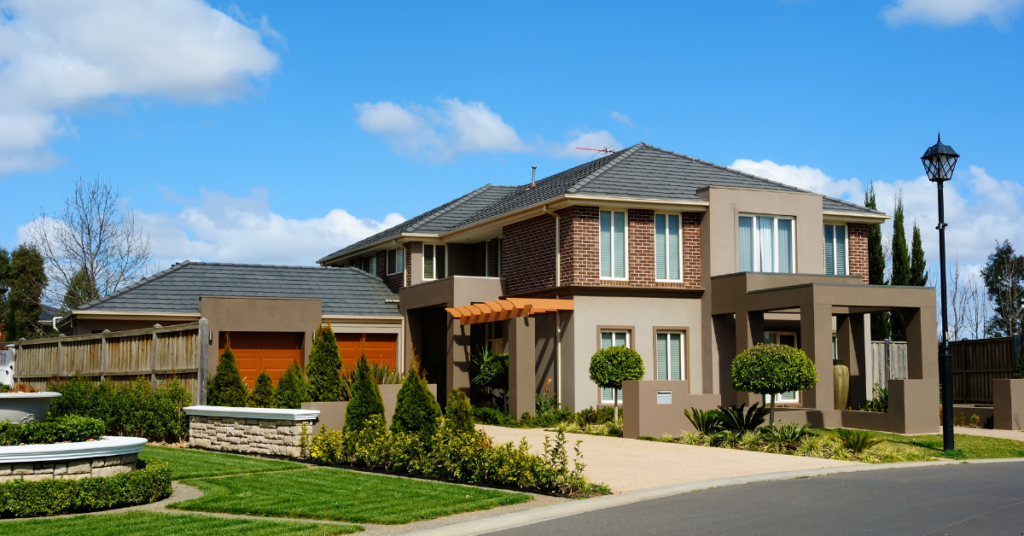
Social Impact and Community Benefits
Investing in NDIS housing generates significant social impact by nurturing inclusive communities and improving the quality of life for people with disabilities. This dual benefit enriches your financial portfolio and sense of social responsibility.
NDIS Housing Investment Across Australia
Demand in Key Regions
Major cities like Melbourne, Perth, and Sydney have a high demand for NDIS housing. States like Queensland and Victoria, where the NDIS rollout is well underway, also present significant opportunities.
NDIS housing numbers are rising exponentially. As of 31st March 2024, there were 8,886 enrolled SDA dwellings, marking a 21% increase over the past two years.

Regional Opportunities: Sunshine Coast and Brisbane
Regional areas such as the Sunshine Coast and Brisbane also present potential for NDIS investment property. These areas are seeing increased demand due to population growth and the expansion of NDIS services.
Navigating the NDIS Housing Market
Investing in NDIS SDA housing requires a deep understanding of market dynamics, including the latest trends, policy changes, and investment models.
NDIS property investments offer a unique blend of financial benefits and social impact, making it an appealing choice for many investors.
Key Advantages of NDIS Properties
- Steady Rental Income with a Purpose: NDIS properties provide reliable rental income due to high demand for accessible housing, contributing to a meaningful cause.
- Positive Social Impact: By providing suitable living spaces for people with disabilities, your investment makes a tangible difference in someone’s life.
- Stable Tenancies: Tenants with disabilities typically prefer stable living arrangements, ensuring steady rental income and reduced tenant turnover.
- Diverse Investment Portfolio: Entering this niche market adds a rewarding dimension to your investment mix, spreading out and minimizing risk.
- Government Support and Incentives: Substantial financial incentives, including guaranteed rental income for up to 20 years, enhance the stability and attractiveness of your investment.
- Growing Market Demand: The increasing number of NDIS participants drives continuous demand for more specialist disability accommodation.
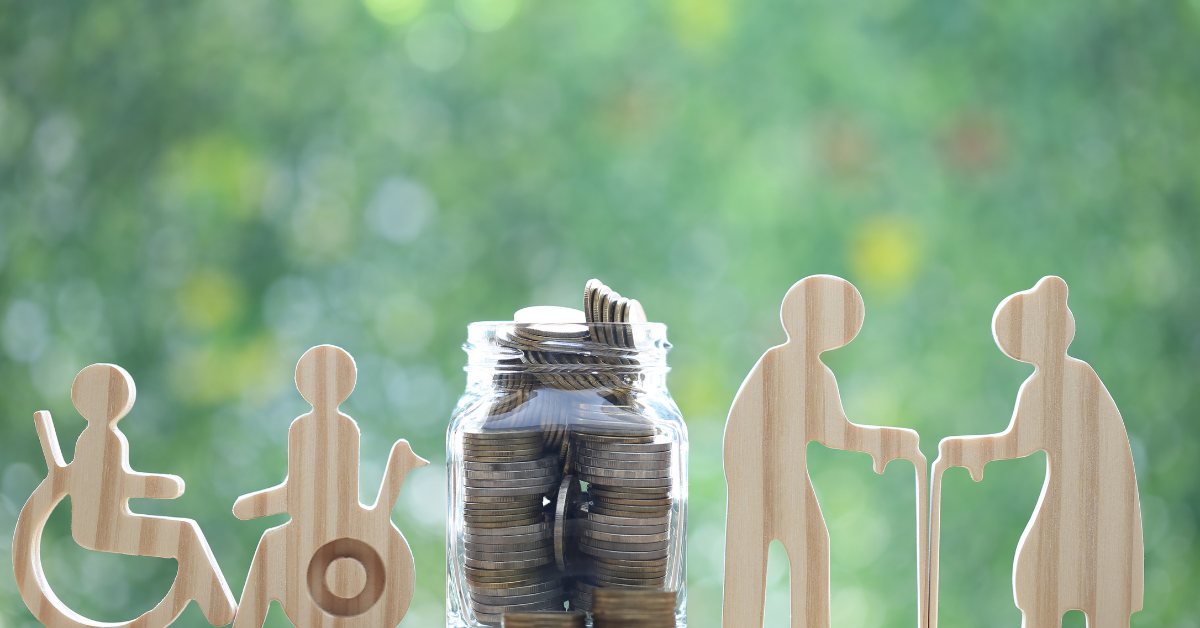
These compelling advantages make NDIS properties a promising investment option, combining financial returns with positive social impact, and stability with diversification.
Compliance with NDIS Housing Design Guidelines

NDIS housing must meet specific design guidelines to ensure accessibility and comfort for residents with disabilities. If you’re thinking about “how can I rent my house to NDIS participants”, then you need to ensuring it meets these design guidelines is essential for eligibility.
Investors should familiarise themselves with these guidelines to ensure their properties are compliant and attractive to potential tenants.
Partnering with NDIS Housing Providers and Builders
Successful NDIS property investment often involves partnering with experienced providers and builders. These partners can help navigate the complexities of the NDIS ecosystem, ensuring compliance and maximizing the return on investment.
If you are thinking about how to rent your house to NDIS participants, in that case, you definitely have to ensure a steady rental income and compliance with all necessary guidelines. In this case, the NDIS housing providers like St Trinity Property Group can assist you with the best solutions.
Risks and Considerations for Investors
Like any investment, NDIS housing comes with its own set of risks, including potential policy changes, market fluctuations, and tenant demand. Risk mitigation strategies, such as thorough due diligence, portfolio diversification, and partnering with experienced NDIS housing providers, are crucial.

Long-Term Planning and Sustainability
NDIS housing investment requires a long-term perspective and commitment to sustainability. Investors should consider the longevity of their investment and its potential impact on the community and environment.
Read more: Why Investing Is For Losers In 2024
Read More: Australia’s Dynamic Property Market 2024: Trends, Challenges, and Policy Implications
Is NDIS Housing a Good Investment?
Investing in NDIS housing presents a unique opportunity. It combines potential financial returns with the chance to make a significant social impact.
Many potential investors often think, “Is NDIS housing a good investment?” due to the unique blend of financial returns and social impact. Like any investment, NDIS housing requirements should be carefully considered and evaluated before making the first deposit. With the right approach, NDIS housing can be a rewarding addition to your investment portfolio.
Frequently Asked Questions (FAQs)
- Can I rent my house to NDIS?
Yes, you can rent your house to NDIS participants if it meets the requirements for Specialist Disability Accommodation (SDA). Ensuring compliance with NDIS design guidelines is essential for eligibility. - Can NDIS help with housing?
Yes, the NDIS provides funding for Specialist Disability Accommodation (SDA) to ensure suitable living arrangements for participants with significant functional impairments or high support needs. - Is NDIS housing a good investment?
If you are wondering “is NDIS a good investment” then the answer is absolutely YES. NDIS housing can be a good investment due to government-backed financial incentives, guaranteed rental income, and the increasing demand for accessible housing options. - Does NDIS help with housing?
Yes, NDIS helps with housing through funding for SDA, which supports the development of specialized dwellings for people with disabilities, enhancing their quality of life. - How to invest in NDIS housing?
To invest in NDIS housing, research the market, understand SDA requirements, partner with experienced providers, and ensure your property meets NDIS design guidelines. - What is NDIS housing?
NDIS housing, or Specialist Disability Accommodation (SDA), refers to properties designed for NDIS participants who need specialist housing solutions due to significant functional impairments. - How to build NDIS housing?
Building NDIS housing involves adhering to SDA design guidelines, securing appropriate funding, and partnering with experienced builders and providers to ensure compliance and quality. - How to rent your house to NDIS?
To rent your house to NDIS, ensure it meets SDA standards, register the property with the NDIS, and collaborate with SDA providers to find suitable tenants. - How does NDIS housing work?
NDIS housing works by providing funding for the construction and management of SDA properties, ensuring accessible and suitable living arrangements for participants with high support needs. - How to apply for NDIS housing?
To apply for NDIS housing, participants must have SDA funding included in their NDIS plan, which can be arranged through discussions with their NDIS planner or support coordinator. - How can I invest in an SDA Property within NDIS?
Investing in an SDA property can be achieved through three main avenues: modifying an existing property to meet Specialist Disability Accommodation (SDA) standards, purchasing pre-approved SDA dwellings ready for immediate occupancy by NDIS participants, or acquiring a house and land package specifically designed and constructed to meet SDA requirements.

